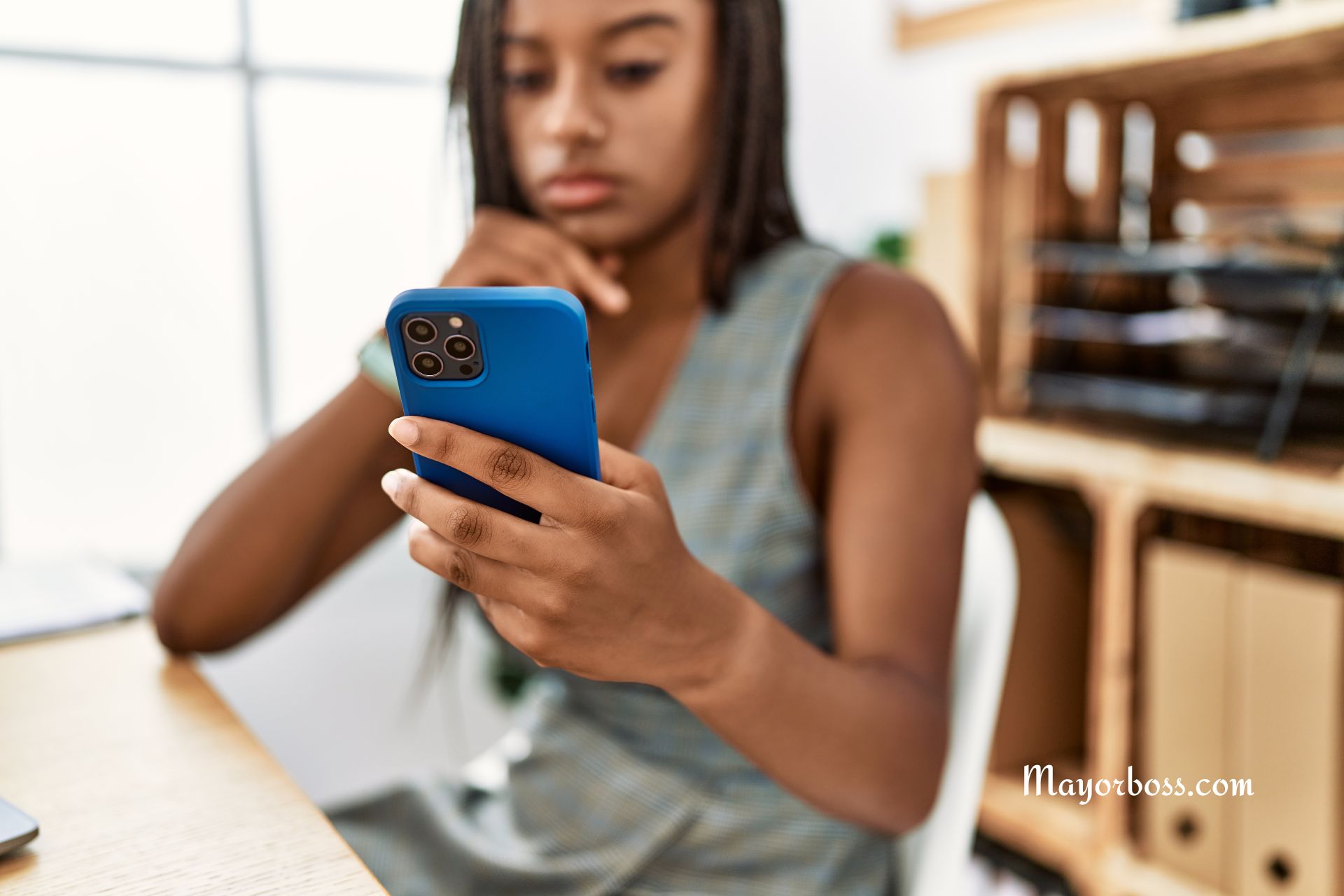Do You Have Nomophobia? The Fear of Being Without Your Phone
In today’s world, smartphones have become an essential part of our lives. They keep us connected with friends and family, entertain us, and even help us navigate the world. However, for some people, the thought of being without their phone can trigger intense anxiety. This condition is known as nomophobia, a term derived from “no mobile phone phobia.” It’s the fear of being without your mobile device, and it’s becoming increasingly common. If you’ve ever felt a wave of panic at the thought of leaving your house without your phone, you might be experiencing nomophobia. Let’s delve deeper into this modern-day phenomenon.

What Are the Signs of Nomophobia?
Nomophobia manifests in various ways, and the signs can be subtle or glaringly obvious. Common indicators include:
- Constant Checking: You find yourself repeatedly checking your phone, even without notifications.
- Anxiety Over Losing Your Phone: The thought of losing your phone fills you with dread.
- Taking Your Phone Everywhere: You cannot imagine leaving your phone behind, even for short periods.
- Feeling Uneasy Without Your Phone: When you’re not holding your phone, you feel incomplete or anxious.
Recognizing these signs is crucial because they can impact your daily life, social interactions, and overall well-being.
What Causes Nomophobia?
Nomophobia often stems from our reliance on smartphones for social connections and information. Several factors contribute to its development:
- Fear of Missing Out (FOMO): Worrying you’ll miss important updates or social interactions.
- Dependency on Digital Validation: Seeking likes, comments, or views for self-esteem.
- Need for Constant Connectivity: Feeling the need to always be available.
As our lives become more intertwined with digital devices, understanding these causes can help in addressing the underlying issues.
How Can You Overcome Nomophobia?
Tackling nomophobia involves gradual steps to reduce dependency on your smartphone. Here are some strategies to help you manage this fear:
- Set Boundaries: Allocate specific times for using your phone and stick to them.
- Engage in Real-Life Activities: Invest time in hobbies or activities that don’t involve screens.
- Mindfulness and Relaxation: Practice mindfulness techniques to manage anxiety without relying on your phone.
- Digital Detox: Regularly schedule short periods where you voluntarily stay away from your phone.
Starting with small changes can make a big difference in how you perceive and interact with your smartphone.
When Should You Seek Professional Help?
If nomophobia is severely impacting your life, it might be time to seek professional assistance. Consider reaching out to a therapist if you notice:
- Interference with Daily Activities: Your phone use disrupts your work, sleep, or social life.
- Increased Anxiety or Depression: Feelings of anxiety or depression intensify due to phone usage or lack thereof.
- Difficulty Managing Without Your Phone: You find it almost impossible to complete tasks or relax without your smartphone.
A professional can offer tailored strategies and support to help you regain control over your smartphone use and, by extension, your life.
Frequently Asked Questions
- Is nomophobia a recognized medical condition? While nomophobia is not officially recognized in diagnostic manuals like the DSM-5, it is a widely acknowledged phenomenon among mental health professionals.
- Can children and teenagers experience nomophobia? Yes, children and teenagers can also experience nomophobia, especially as they grow up in an increasingly digital world. It’s important for parents to monitor their children’s phone use and encourage a healthy balance.
- Are there any apps designed to help with nomophobia? Yes, there are apps designed to monitor and limit phone use, such as digital wellbeing apps. These tools can help you manage your screen time and reduce dependency on your smartphone.
